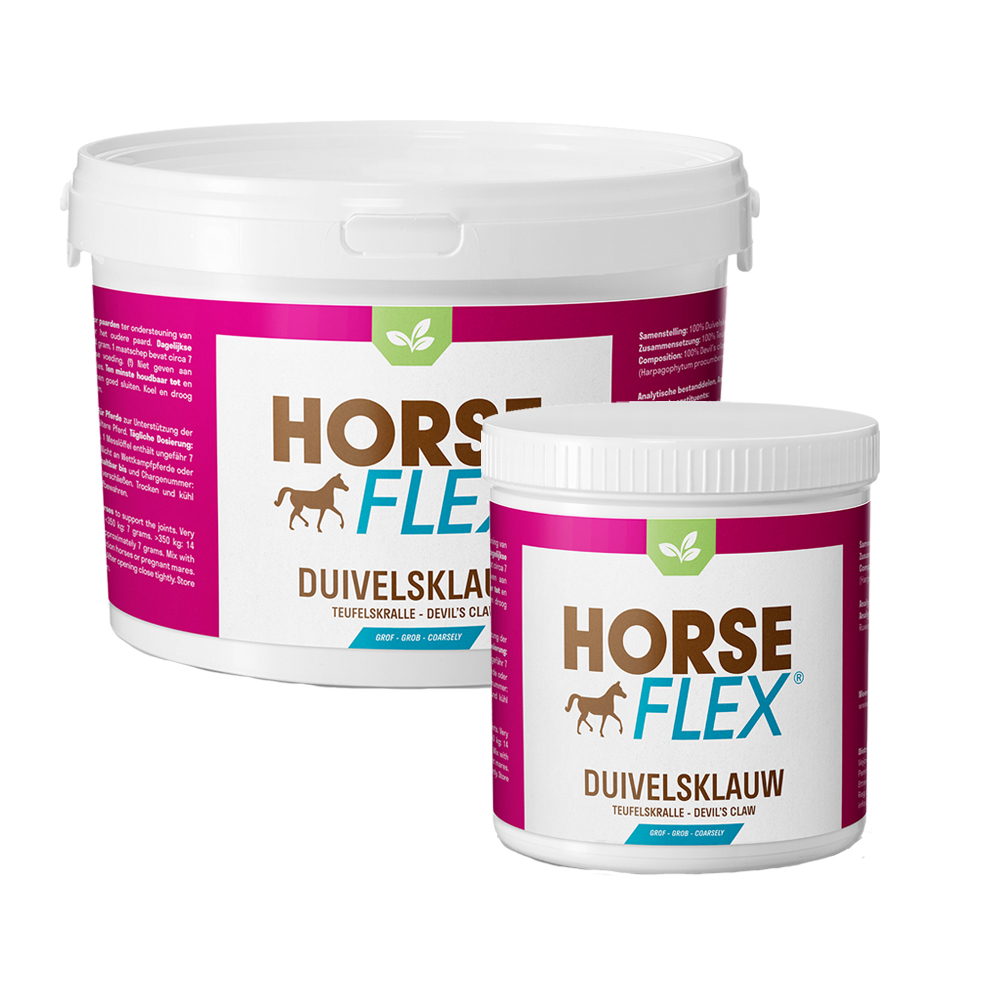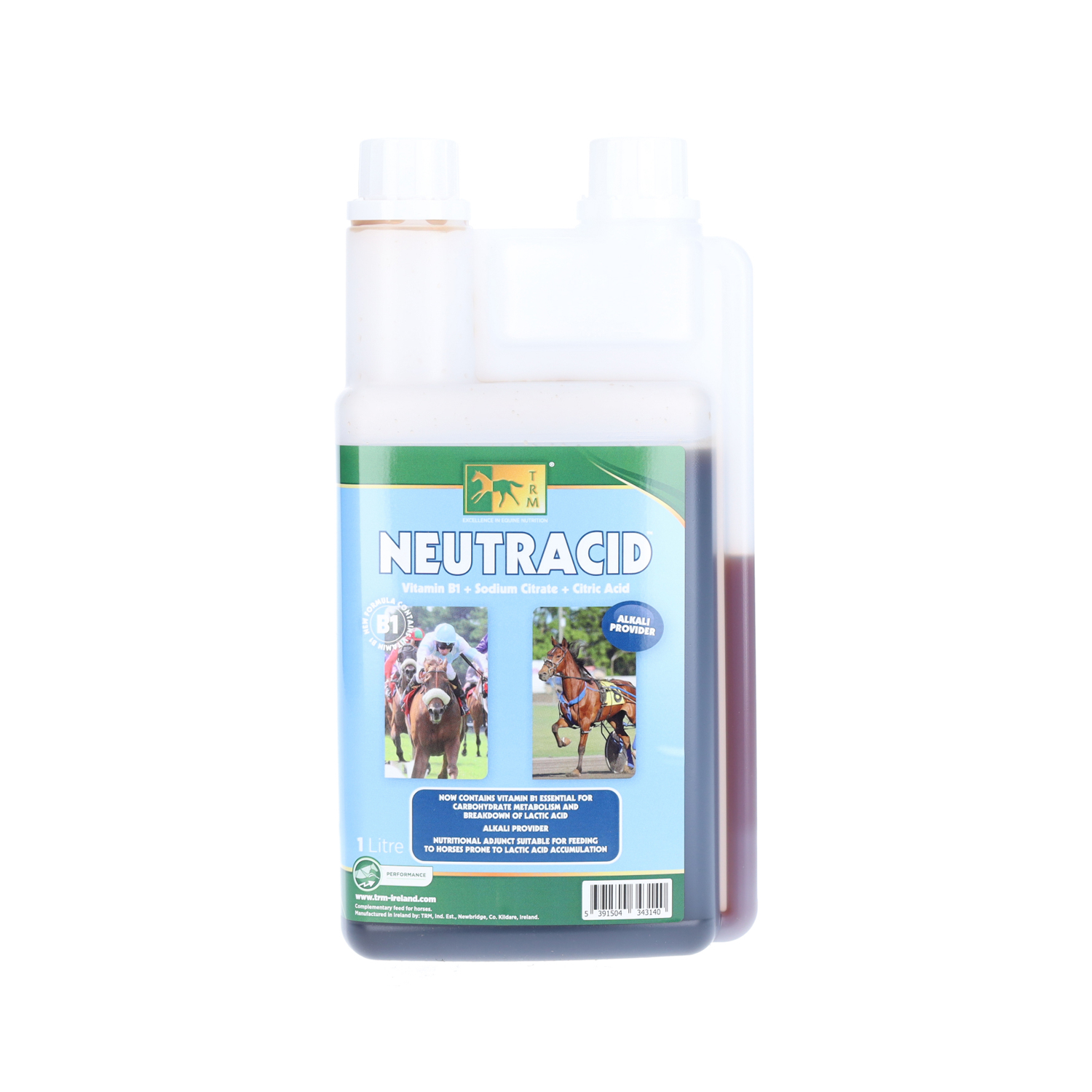Joint Problems
Joint problems are quite common in horses and can even lead to lameness. Joint problems may be hereditary, such as osteochondrosis, or caused by overburdening of the joints. Osteoarthritis is another common form of joint problems that doesn’t just occur in older horses, but young horses as well. Osteoarthritis in young horses is most common in sports horses as they suffer from repeated overburdening of the joints. Any and all joint problems can eventually lead to osteoarthritis.
Because of this, proper treatment of joint problems is very important. Nutritional supplements may be able to offer support during treatment.
Muscle Disorders
Muscle problems are quite common in horses and can arise as a result of trauma (such as a sprain), overburdening or inflammation. Some of the most noticeable symptoms include lameness, stiffness and mobility problems during riding/training. Obviously, prevention is always better than curing so it is highly recommended to exercise sensibly and warm up and cool down properly.
Tying up
Not all muscle problems are caused by labour or exertion. Tying up, also known as Monday morning disease, occurs as a result of overfeeding a horse carbohydrates during resting days. When this happens, the sugars extracted from concentrate feeds are stored in the muscle when the horse is at rest and burned quickly once they being exercising or training again. This rapid breakdown of the sugar occurs without oxygen and causes a build up of lactic acid in the muscle, which is very painful and can cause considerable muscle damage. Common signs of tying up include stiffness, muscle spasms (particularly in the hind quarters), reluctance to move and sweating. These signs are sometimes paired with colic. Nowadays, tying up is usually seen in athletic horses, however, in the past, this was most common in working horses on Monday, after resting on Sunday, hence the name. If your horse has Monday morning disease, it is advised to let them rest, keep them warm and ration their food. Building up the level of exercise for a horse with tying up should be done in consultation with a veterinarian. Additionally, supplements like vitamin E and selenium can be given.




























